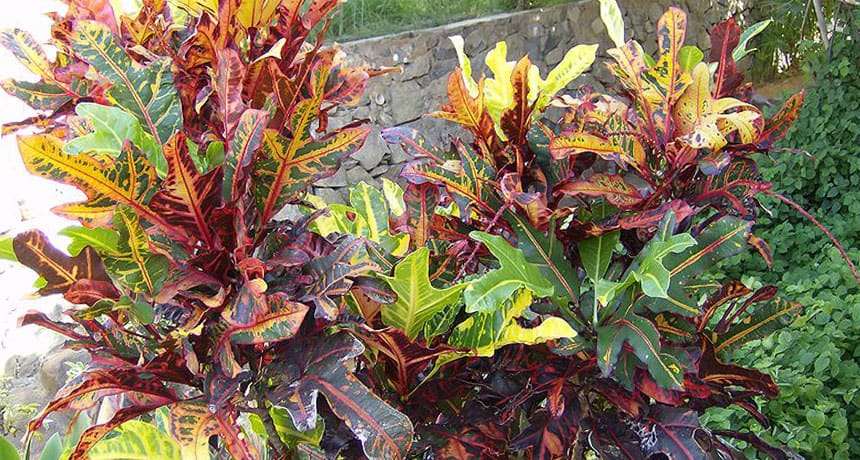
Though the Zika virus was first discovered in 1947, it was rarely considered a concern until 2015 when the Pan American Health Organization (PAHO) issued an alert regarding an outbreak of the virus in Brazil. On February 1st of 2016, the World Health Organization (WHO) declared Zika to be a Public Health Emergency of International Concern (PHEIC), and since then, panic concerning the possibility of contracting the virus has soared.
Some professionals have been recommending bug repellents that contain DEET to ward off the aedes aegypti mosquito – the insect responsible for spreading the virus and other diseases, but that’s a huge mistake according to many natural health practitioners.
Says Dr. Horvath,
“DEET is a neurotoxin, so if children were to ingest it, it could potentially affect their nervous system.”
Considering that one of the most unappealing effects of the Zika virus is serious birth defects, damaging the nervous system by using repellants that contain DEET doesn’t seem intelligent.
Luckily, safe, easy and all-natural alternatives exist, and one of them was recently discovered by a 17-year-old student from the Philippines.
Society for Science reports that Paul Lumabao was researching the types of plants that produce extracts which contain natural insecticides, and discovered one that was local to him. The San Francisco plant is not only beautiful, it kills the larvae of the mosquito which can carry everything from the Zika virus to dengue.
To test the effectiveness of the plant’s leaves, the student picked the leaves, dried them for one week, then soaked them in various types of alcohol. After the alcohol evaporated, a concentrated oily liquid full of plant-made chemicals remained.
He tested the larvae-killing properties of each liquid by dripping small quantities of each into water that contained mosquito eggs and larvae. Interestingly, extracts from the tawa-tawa and lemon grass plants caused the larvae to develop abnormally.
The San Francisco plant, however, killed all of the larvae within 24 hours. This is great news, as the San Francisco plant is very common in the Philippines and is often cultivated in public city gardens.
On May 12, he announced his findings at the Intel science and engineering fair. Approximately 1,750 students from 75 different countries took part in the fair.
Thanks to the student’s ingenuity, more people can protect themselves from the Zika virus by planting the San Francisco plant if it thrives in their area. Of course, there are other plants that grow in your backyard that may ward off mosquitos as well! Click here for a comprehensive list.
What are your thoughts? Please comment below and share this news!
This article (This Plant May Be One Of The Best Defenses Against The Zika Virus) is free and open source. You have permission to republish this article under a Creative Commons license with attribution to the author and TrueActivist.com


